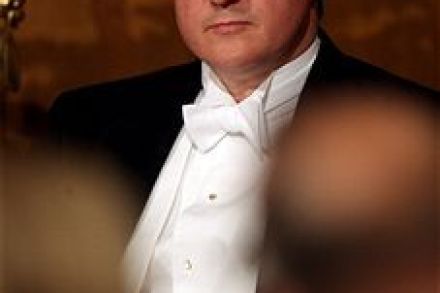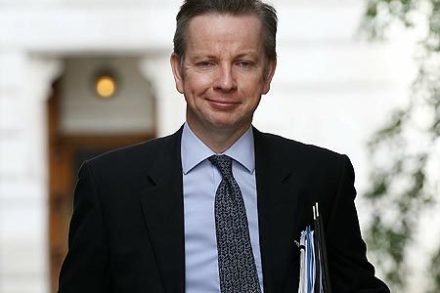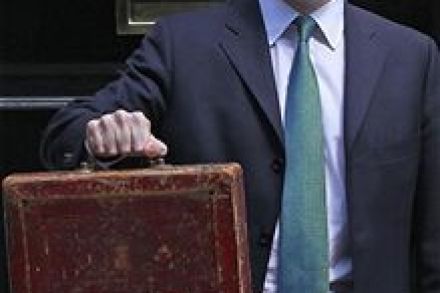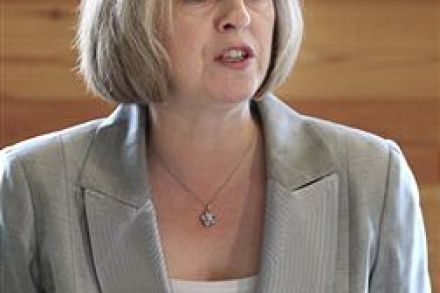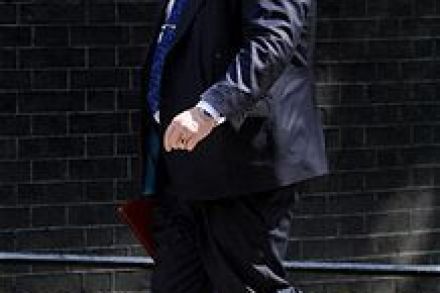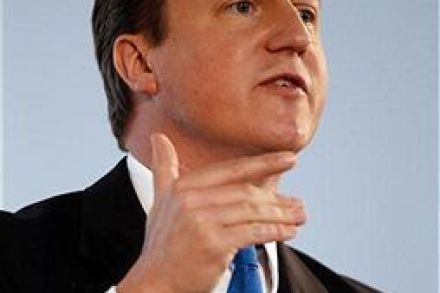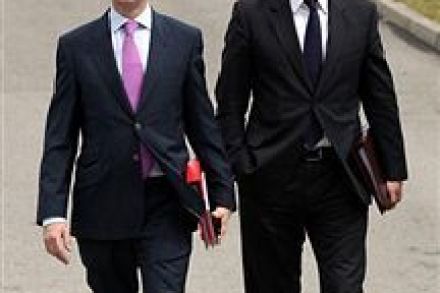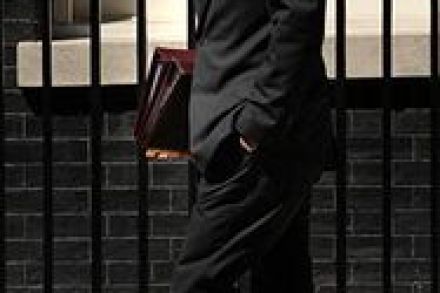Government Efficiency vs Cost of Government? Why not try both!
Hey ho, it’s the State of the Union speech tonight and as usual there’s no shortage of advice for President Obama. Via Steve Benen, here’s Ruy Teixeira: Make no mistake: a more effective government is the public’s priority, not a smaller government. In a survey I helped conduct for the Center for American Progress’s Doing What Works government reform project, we found that, by a decisive 62 to 36 margin, the public said their priority for improving the federal government was increasing its efficiency and effectiveness, not reducing its cost and size. Significantly, we found an identical result among the independents in our survey. I’m sure this is true just







